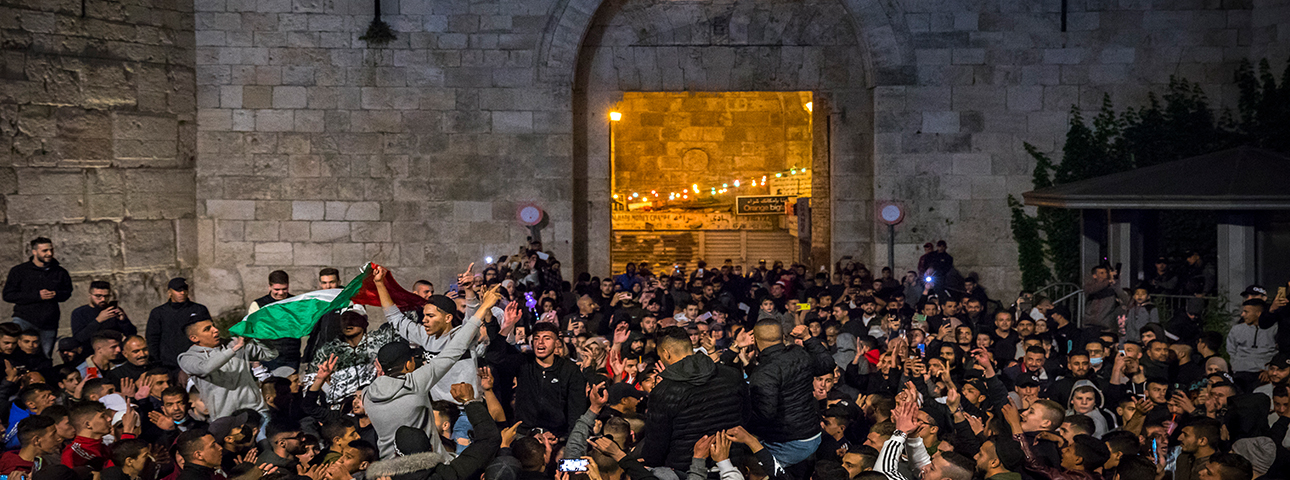Israel's Jerusalem Syndrome
The recent clashes in a capital where even the smallest spark can set its streets ablaze are a direct result of the city's long-term neglect of its disadvantaged Palestinian residents, among whom poverty rates are double that of Jewish Jerusalemites.

Flash 90
Arabs should always deplore violence, regardless of the reason behind it. In light of the recent wave of violence that has descended upon Jerusalem, I will fulfill this obligation because I truly and deeply believe that no person should be attacked because of their beliefs or membership in a group.
Jerusalem has always been a complex city, where, unlike other cities, the smallest spark can set its streets aflame.
And if we are already touching on the city's complexities, according to the latest data released by the Jerusalem Institute for Policy Research, 59% of Jerusalem's Arab population live in poverty, twice more than their Jewish counterparts.
Do the State or the municipalities' s social welfare services provide help with this? Not really.
The State Comptroller has stated that "the allocation of resources to social services in East Jerusalem is inefficient," and that they "do not adhere to the principle of substantive equality."
We would expect that in a city with such a high poverty rate, municipal authorities would make extra efforts to ensure that the education system for this underprivileged group would benefit from significant support to address this issue. is bolstered to help with this issue. But sadly, that is not the case.
Despite a Supreme Court ruling on the matter, East Jerusalem is still thousands of classrooms short and the annual budget allocated per student is significantly lower for Arab students than for their Jewish counterparts.
According to recent estimates, at least 1/3 of Arab students in Jerusalem do not complete the mandatory 12 years of school, bringing into sharp focus the reason for the huge gap in income between Jews and Arabs.
When Jerusalem holds its annual "Flag March," along with the flag of Israel-another banner is waved: the "Judaization" of the area.
Not only brainwashed far-right teenagers, participate in these efforts, but also senior officials, such as Jerusalem's Deputy Mayor Arieh King.
Though current mayor Moshe Lion has done many important things for the city's Arab population during his tenure, it is hard to tell whether he shares this outlook with his colleague King, but it can be said with certainty that he is not a champion of equality.
Lion regularly claims that it was the lack of cooperation on the part of the city's Palestinian residents which led to many social services being cut, but the numbers speak for themselves.
The city does not provide the necessary responses to the needs of East Jerusalem residents. In fact, the State of Israel has acknowledged this fact in various government decisions, the most recent and significant of which came in May 2018 and called to "reduce socio-economic disparities and boost economic development in East Jerusalem."
A recent government report on the implementation of these decisions indicates that progress has been made in some areas, but many gaps are still in place, while others have even deepened.
Some would say it's the Jewish population's duty to bring East Jerusalem's Palestinian residents into the fold. But why must the answer to this question must be so extreme and all-encompassing when the Palestinians are dealing with specific territorial and social issues?
The current state of affairs must change. It is time to define these issues as top-priority, on both the local and national levels. We must combat these deepening social-economic gaps before everything blows up in our faces.
The Article was published in YNET.
